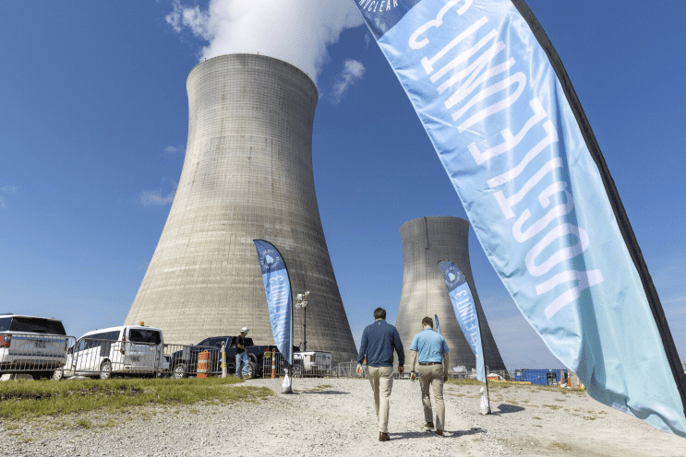The aspiration to accelerate decarbonization efforts has led to a surge in investments in nuclear power, especially in the European Union and the United States. Yet, a collaborative study involving the European Environmental Bureau, the Stockholm School of Economics, and the Potsdam Institute for Climate Impact Research raises critical questions about the viability of nuclear power as a swift decarbonization solution.
In their research, the team emphasizes the superiority of renewable energy sources in terms of cost-effectiveness and pace of implementation. By contrasting nuclear power with renewables, the researchers highlight the adverse effects of investing in nuclear plants. They underline that each decision to construct new nuclear facilities inadvertently delays decarbonization progress in comparison to investments in renewable energy.
An essential aspect of their analysis pertains to the escalating costs associated with nuclear projects. The study cites instances such as the delayed Flammanville project in France and the Olkiluoto plant in Finland, which experienced substantial budget increases. The financial burden of nuclear power projects has historical precedence, as evidenced by a study from 2014 that revealed 97% of analyzed nuclear reactor investment ventures encountered cost overruns, averaging a staggering 117% increase per project.

The researchers identify factors that contribute to the financial volatility of nuclear projects. Elevated default risk leads to higher interest rates, rendering nuclear projects profitability contingent upon financing conditions. These challenges are compounded by the historical trend of nuclear project costs rising over time.
Moreover, the study scrutinizes the reliability of the nuclear fleet, particularly in light of the dwindling availability of French power plants. The researchers contend that the ramp-up of nuclear plants is sluggish, rendering them ill-suited for backup technology in energy systems heavily reliant on wind and solar energy. Instead, the team suggests embracing low-capital-cost, high-variable-cost power generation technologies, like hydrogen storage, batteries, or pumped hydroelectricity.

The researchers conclude by emphasizing the urgency of the climate crisis and the necessity for swift, cost-effective investments. They highlight the practicality of renewable energy sources as an immediate and economical solution to decarbonization.
While acknowledging the potential of nuclear power in the long term, the researchers stress that its construction demands significant time and investment, making rapid decarbonization challenging to achieve.


